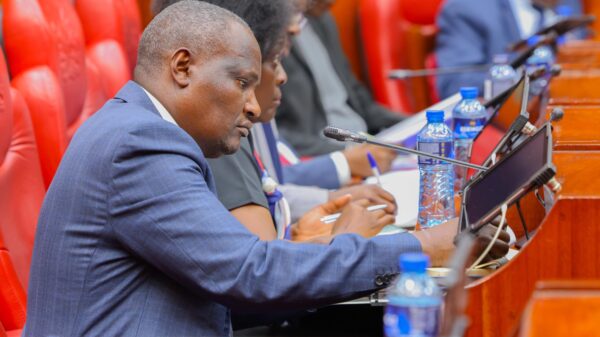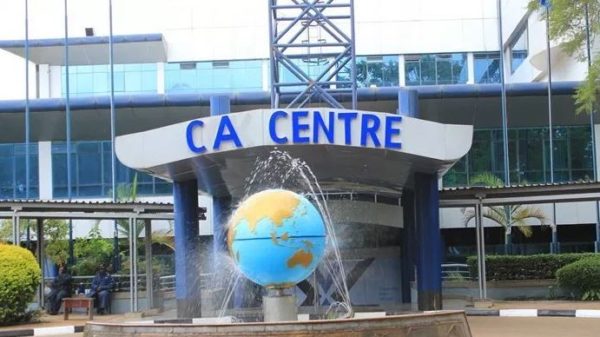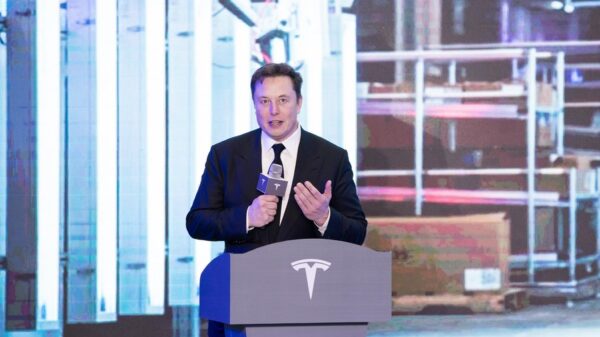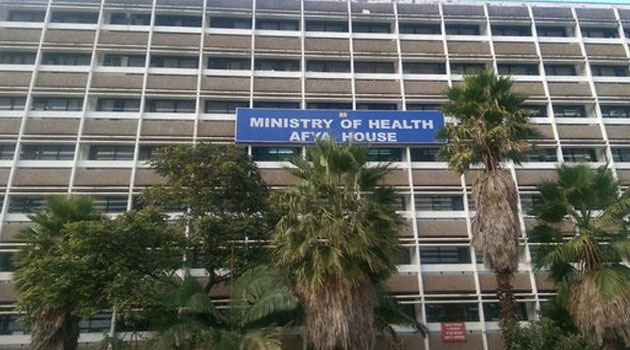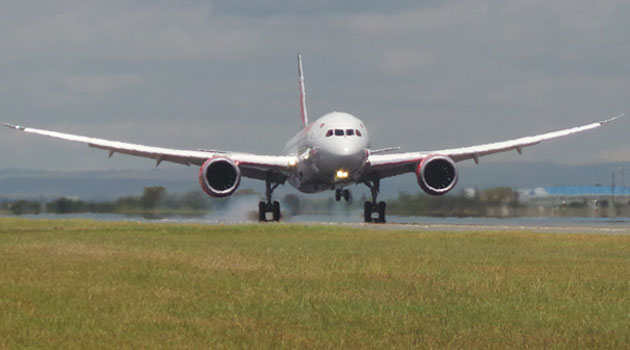NAIROBI, Kenya, July 24 – Kenyans are more worried about their health problems than unemployment as well as cost of living, according to a new report by AfroBarometer.
The Pan-African latest data shows that half, or 50 percent, of Kenyans are concerned about health challenges, followed by high cost of living at 38 percent and unemployment (25 percent).
Other concerns being education (24 percent), crime and security (22 percent), corruption (22 percent), as well as infrastructure and roads (16 percent).
Healthcare costs in Kenya have been rising, eating into Kenyans pockets.
This comes on the back of a Sh14.2 billion budget cut by the National Treasury for the Ministry of Health following the suspension of the 2024 Finance Bill.
This financial strain has made healthcare access even more challenging for many Kenyans.
“Respondents were asked: In your opinion, what are the most important problems facing this country that the government should address?” the barometer states.
Additionally, the barometer reveals widespread discontent with recent fiscal policies. A significant 91 percent of Kenyans disapprove of the increased tax on petroleum products, and 71 percent are against the housing levy.
Moreover, only 35 percent of citizens support raising tax revenues to reduce government borrowing.
The now-defunct 2024 Finance Bill aimed to broaden the country’s tax base, with President William Ruto emphasizing the need to boost revenue generation to fund essential government initiatives and alleviate foreign borrowing pressures.
“Kenyans have been conditioned to think that they pay the highest taxes, but empirical data shows that as of last year (2023), our tax as a percentage of our revenues is 14 percent,” President Ruto stated.
He highlighted that increasing the average tax rate would expand the government’s revenue base, facilitating investments in critical sectors such as healthcare, education, infrastructure, and social welfare.







